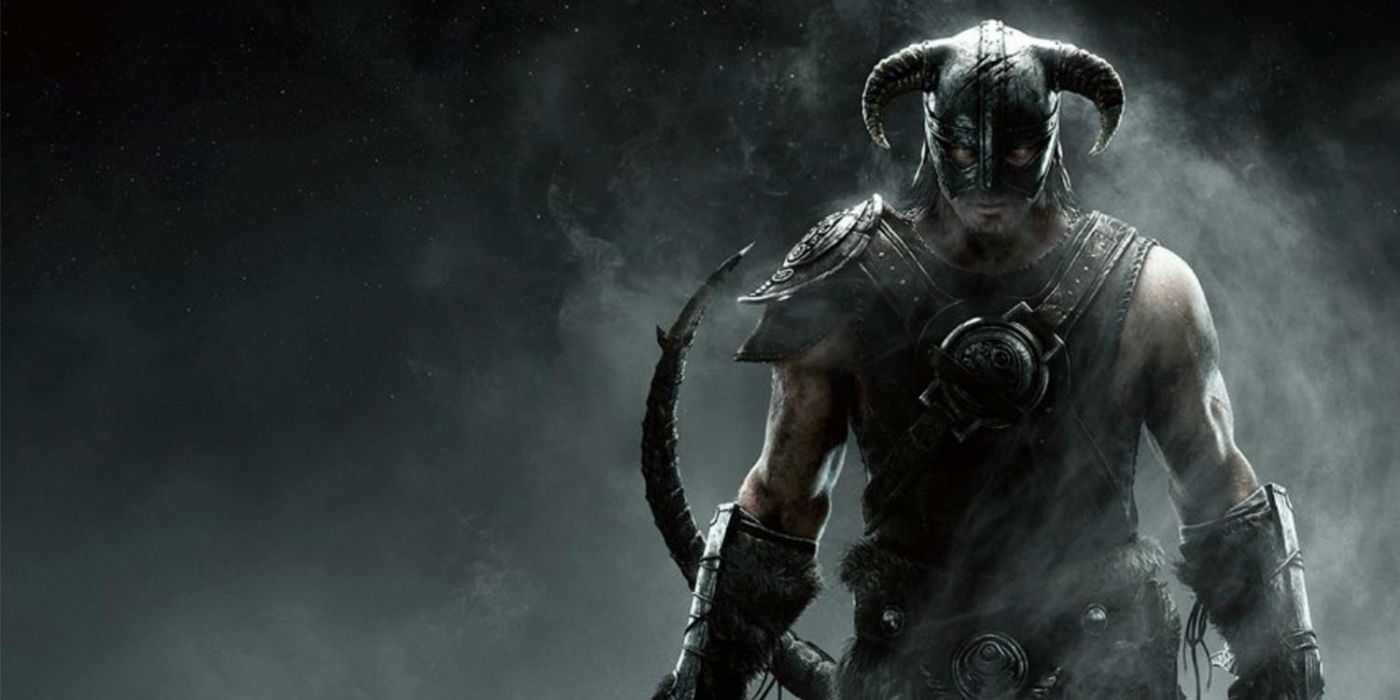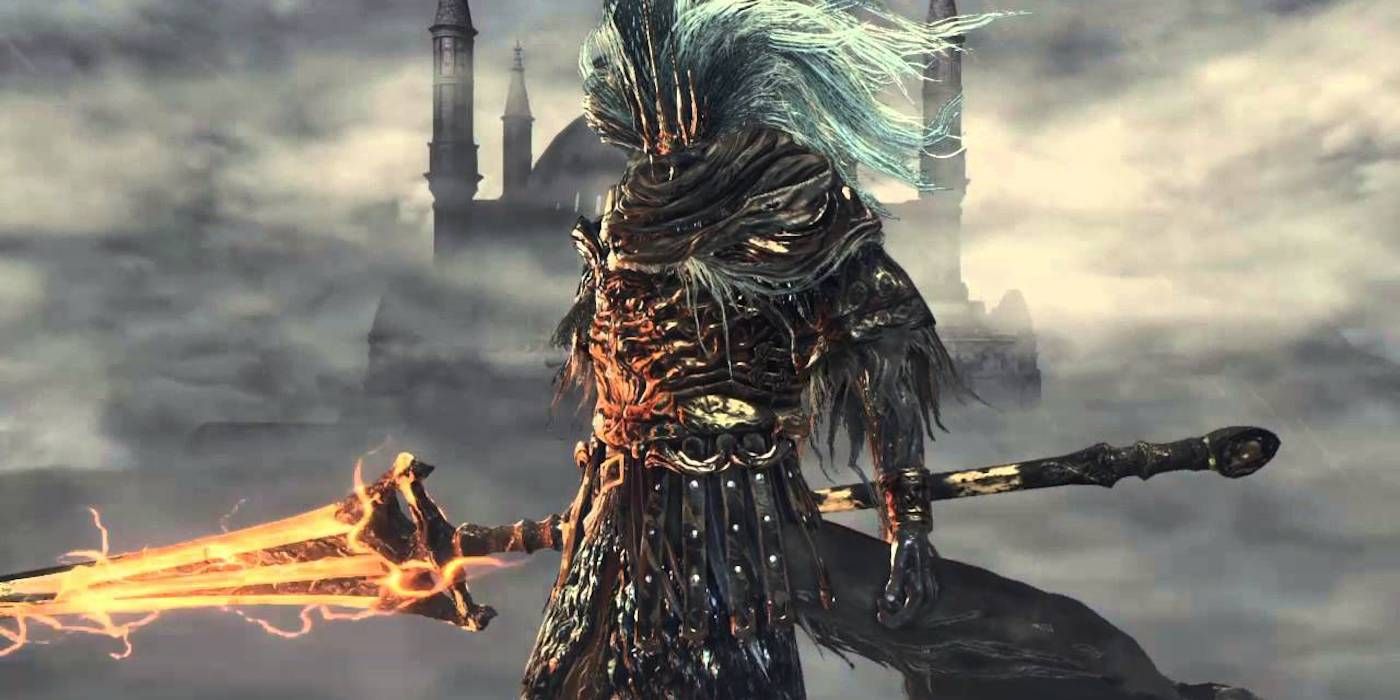For years, video games have occupied an interesting and controversial place in regards to their written scripts. While some fans extol the writing of particular titles like The Witcher, Mass Effect, and Assassin’s Creed, many people still think that video game writing is several steps behind in quality compared to its cousins in film, television or even comic books. The debate about the artistic qualities (or lack thereof) of gaming will continue to cause academics to puzzle over complicated concepts for years to come, but it is undeniable that the writing in video games has become more and more of an issue for people who want to experience epic moments. But while scripted moments in gaming are certainly important, it is also important to remember that for many players, the most memorable moments are not delivered during a cutscene, but are experienced during the game itself.
Ask anyone playing a game that has an active multiplayer aspect, and you’ll often hear about how the campaign might have been good, but that the real fun is in the experience of pitting your skills against a world of other players. But just because the story mode for a multiplayer game may be overlooked doesn’t mean players have no stories to tell. In fact, ask them to tell you about their most epic moments, and they will have a list of narratives to share with you of personal victories and crushing defeats. Every match in a multiplayer game is its own narrative, with its own heroes and villains, and these memories will often outlast scripted cutscenes in story mode.
In single-player games, memorable moments stem from the accomplishments made throughout the course of the game’s unique challenges. The story of a game is told through techniques that took hours to master, or that final boss that had you on the edge of your seat, biting your nails before you finally conquered it. Every gamer has a deeply personal list of incredible memories associated with particular games, moments that are far more important than scripted dialogue between characters.
Even in story-centric games like The Elder Scrolls: Skyrim, Dragon Age, or Final Fantasy, the memorable moments that take place during scripted events possess their significance because of the gameplay that surrounds them. There’s a reason why players feel particularly fond of certain companions during gameplay. Whether it’s Lydia guarding our backs in Skyrim, or Alistar’s sarcastic quips after a quest in Dragon Age, we gamers forge bonds with fictional characters that run deep because we are interacting with them and their world. Gaming develops a level of immersion that does not exist in any other medium. Therefore, it stands to reason that the moments that will be the most memorable for a player will those that possess personal significance and aren’t just passive cutscenes where the narrative takes direct control away from players.
Even the environment and world of a game can be a story in the mind of a gamer. Discovering a new piece of a game’s world for yourself is itself a memorable moment. Especially in particularly difficult games where the environments are particularly perilous, amazing stories can come just from traversing the game and moving from one location to another. Some of the best-written dialogue in the business struggles to compare in memorability to the trap palace of Sen’s Fortress in Dark Souls or exploring the amazing open worlds of The Legend of Zelda: Breath of the Wild, Skyrim, No Man’s Sky, and others. The sheer act of exploration and discovery is a narrative unto itself, one that gaming can facilitate just by existing.
Of course, cutscenes are important. Whether it’s Ganon chasing after Zelda in Ocarina of Time or Sephiroth’s infamous murder in Final Fantasy VII, there are many examples that gamers remember as being significant as part of a gaming experience. But no matter how good they are (or bad, as is the case in many, many titles), in-game movies are just that: movies. From a participatory standpoint, they are little different than watching a film or show. Arguably, these scenes can and do often change depending on player choice during a game, and there is a growing body of games like Detroit: Become Human and Until Dawn that blur the lines between gaming and cinema. But no matter how you slice it, the critical factor in all these examples is the player’s choice in creating an experience suited to his or her taste. Ultimately, gaming is what it is because it is not just a cinematic experience, but an experience uniquely crafted by the gamer by choices and moment-to-moment decisions made during play.
So as writing in gaming continues to be discussed and (hopefully) refined, it is still important to remember that games are made to be played and experienced. So the most cinematic moments in gaming are those the player creates, not those delivered through a script.


